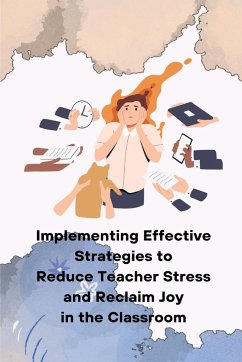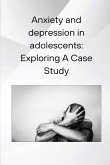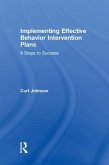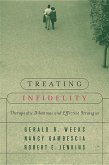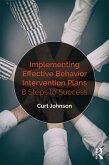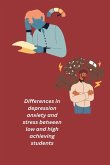Teachers are stressed. The purpose of this study is to determine the impact of mindfulness breathing strategies on teacher stress. This study used mixed methods in an explanatory sequential design. In phase one, quantitative data was collected. An experimental group was formed with 12 high school teachers from the same high school, teaching grades 9-12, who were willing to learn mindfulness breathing strategies. Twelve other teachers were selected by the researcher to be the control group. Teachers were trained in the morning twice a week for three weeks before school started for 30 minutes by a certified yoga instructor, who is also a language arts teacher at the high school. The mindfulness breathing strategies teachers learned were complete breath or diaphragmatic breathing, counting breaths, box breath or balanced breathing, five-finger breathing or starfish, bee breath, bellows breath, and cooling breath. After the threeweek training, teachers used the mindful breathing during the school day for six weeks for five minutes in the morning and five minutes in the afternoon without students. The experimental and the control group took a Perceived Stress Survey on paper before using the breathing techniques and after the trial. The pre-and post-test was compared statistically using a Two Sample t-Test. The results showed that there was compelling evidence to support a statistically significant difference between the control and experimental group's differences in perceived stress. Phase two collected qualitative data from five pre-selected interview questions with the experimental group of teachers who used mindful breathing strategies for six weeks. The results showed that teachers appeared to feel less stress. The experimental group noted feeling more balanced, more relaxed, more focused, and more patient in the classroom and out of school after using the breathing strategies. This most likely suggests that the breathing strategies did influence teacher stress levels.
Hinweis: Dieser Artikel kann nur an eine deutsche Lieferadresse ausgeliefert werden.
Hinweis: Dieser Artikel kann nur an eine deutsche Lieferadresse ausgeliefert werden.

